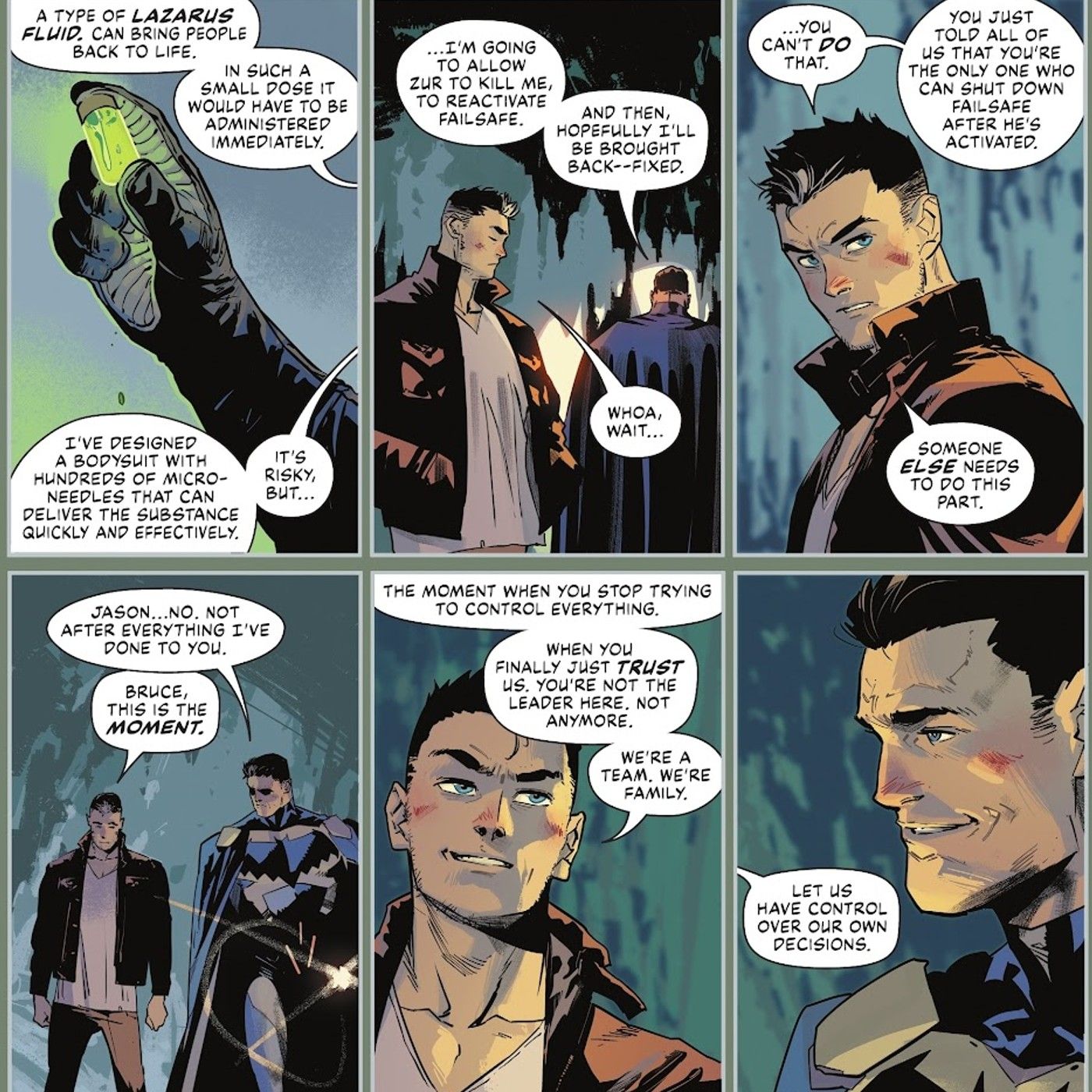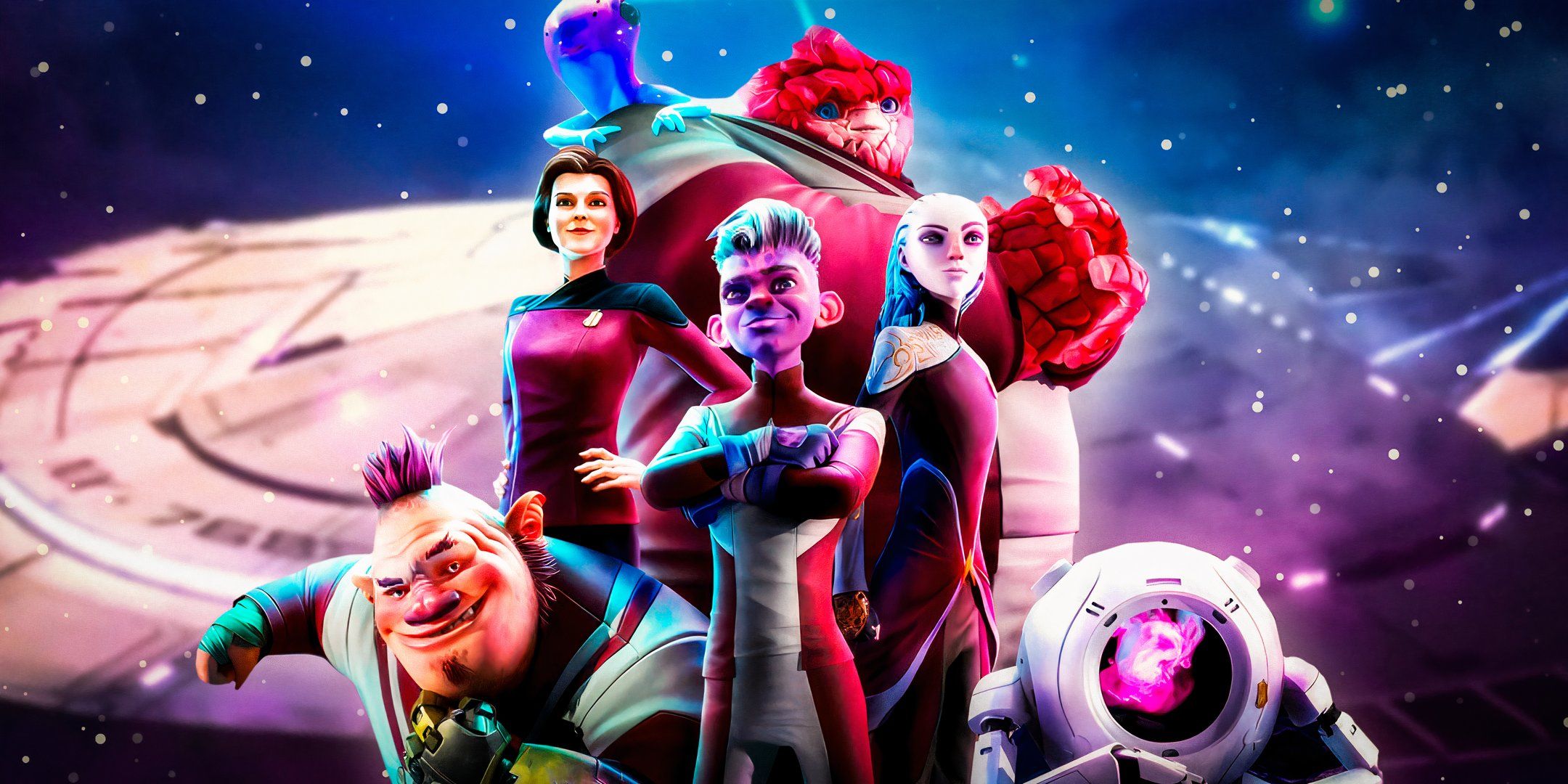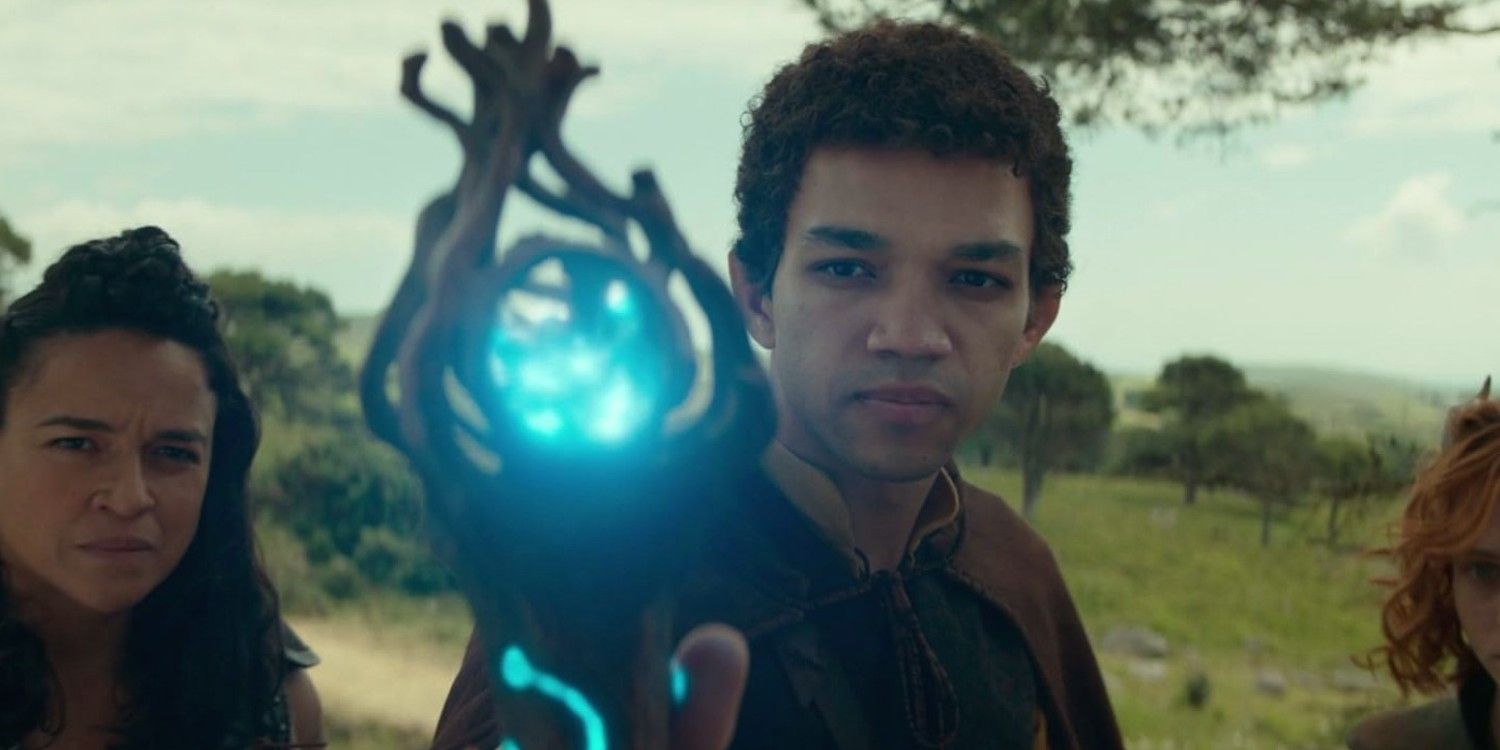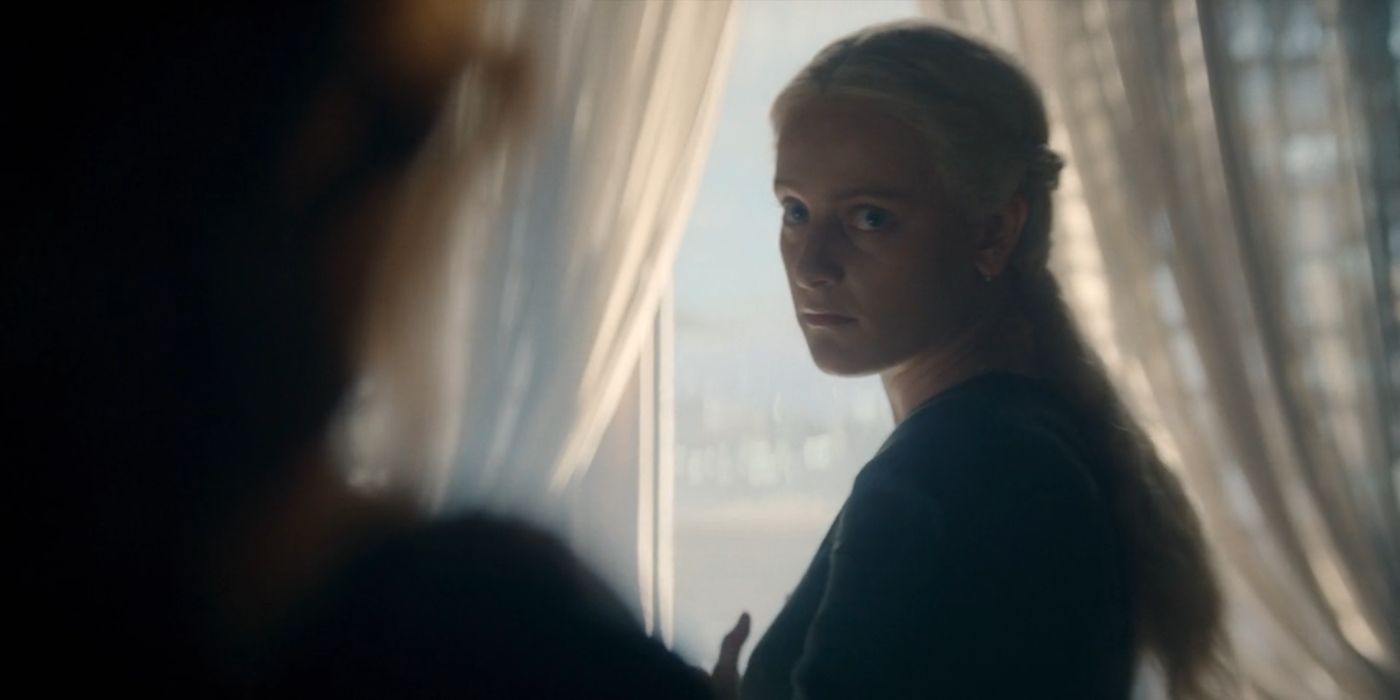Best remembered as one of the greatest films from the Golden Age of Hollywood, Casablanca delivered an ending with romance, suspense, and a fair amount of questions as well. Premiering in 1942 to immediate fanfare, Casablanca captured the zeitgeist of the world at the time and told a gripping story of love and political intrigue with WWII as its backdrop. Honored with the Best Picture Oscar and a host of other awards, the film’s legacy has never faded in the decades since its release, and it has often been ranked alongside some of the best cinematic achievements of all time.
Often quoted, spoofed, and parodied, the ending of the film left an indelible mark on moviegoers, and it completely changed the way that Hollywood films presented romance. Considering the dour time period that the movie was released in, and with war across the globe, the finale offered one of the saddest goodbyes in cinema to match the mood. The film further elevated its stars Humphrey Bogart and Ingrid Bergman, and director Michael Curtiz’s stylish approach to filmmaking had an impact on the production of future films. One of Casablanca‘s greatest strengths was its ending tying up all the film’s loose threads.
Why Did Rick Make Ilsa Leave Casablanca?
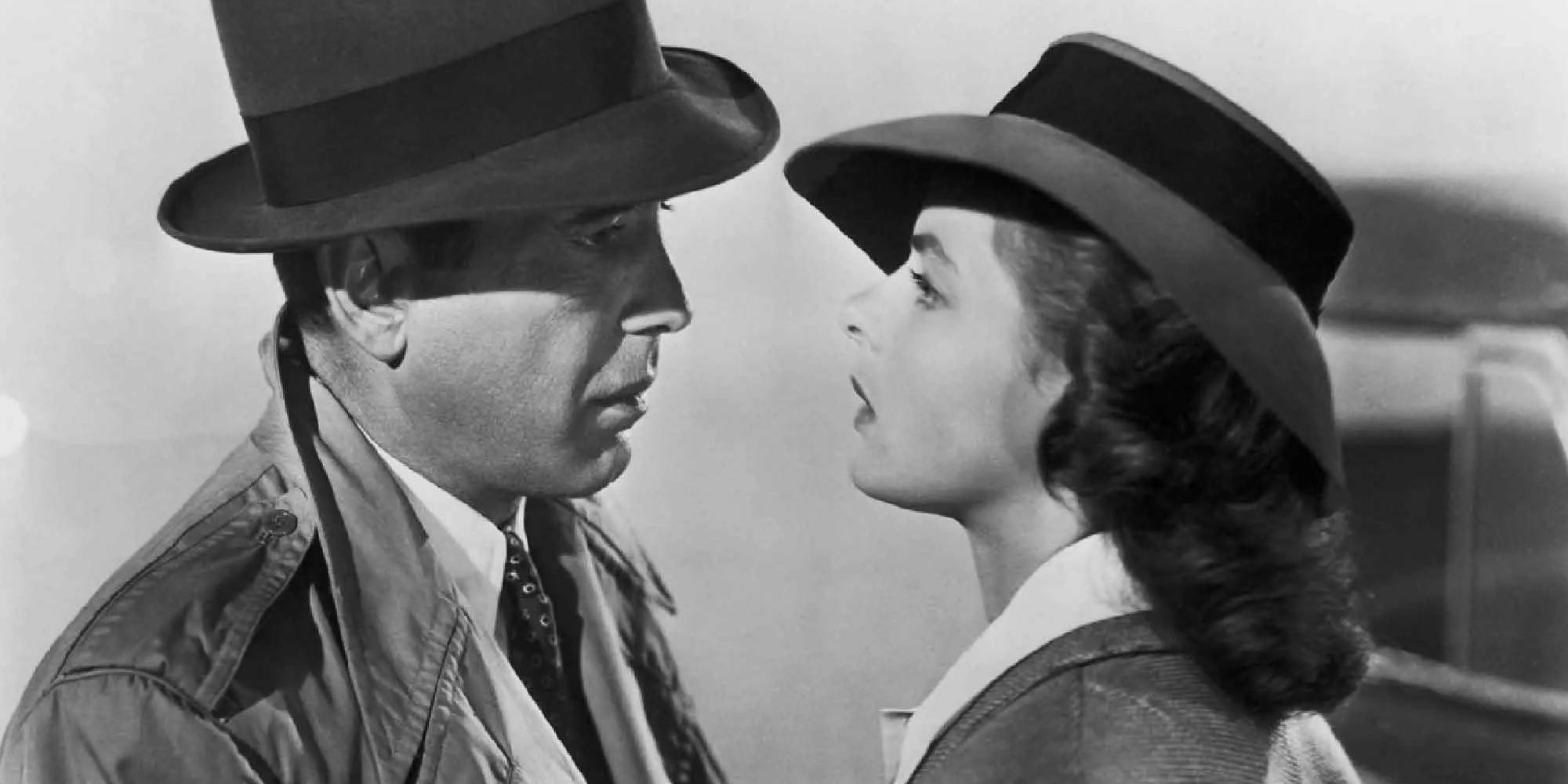
Though Casablanca made a mark on the world as a romantic epic, the ending of Rick and Ilsa’s love story was a down note. Despite his obvious love for her, and their history together, Rick made the decision to put Ilsa on the plane and make her leave Casablanca with her husband, Victor Laszlo. On the surface, it appeared to be a representation of Rick’s stoicism and machismo, but it actually had more to do with Ilsa’s character than it did with Rick’s. The romantic quote from the scene told the entire story, and his advice that she would “regret it” eventually, showed he truly loved her.
Ilsa and Rick had fallen in love during the German invasion of Paris, and their affair came about because she temporarily believed Laszlo to be dead. Upon learning that he was still alive, Ilsa not only left Rick behind but did so without any explanation. While standing on the runway of the airport, Rick realized that Ilsa was about to do to Laszlo what she did to him, and he wouldn’t let her make the same mistake twice. Rick’s sacrifice was a painful one, but it showed that he was able to make an unselfish decision regarding someone he cared about, after appearing to be neutral all movie long.
Why Didn’t Renault Arrest Rick?
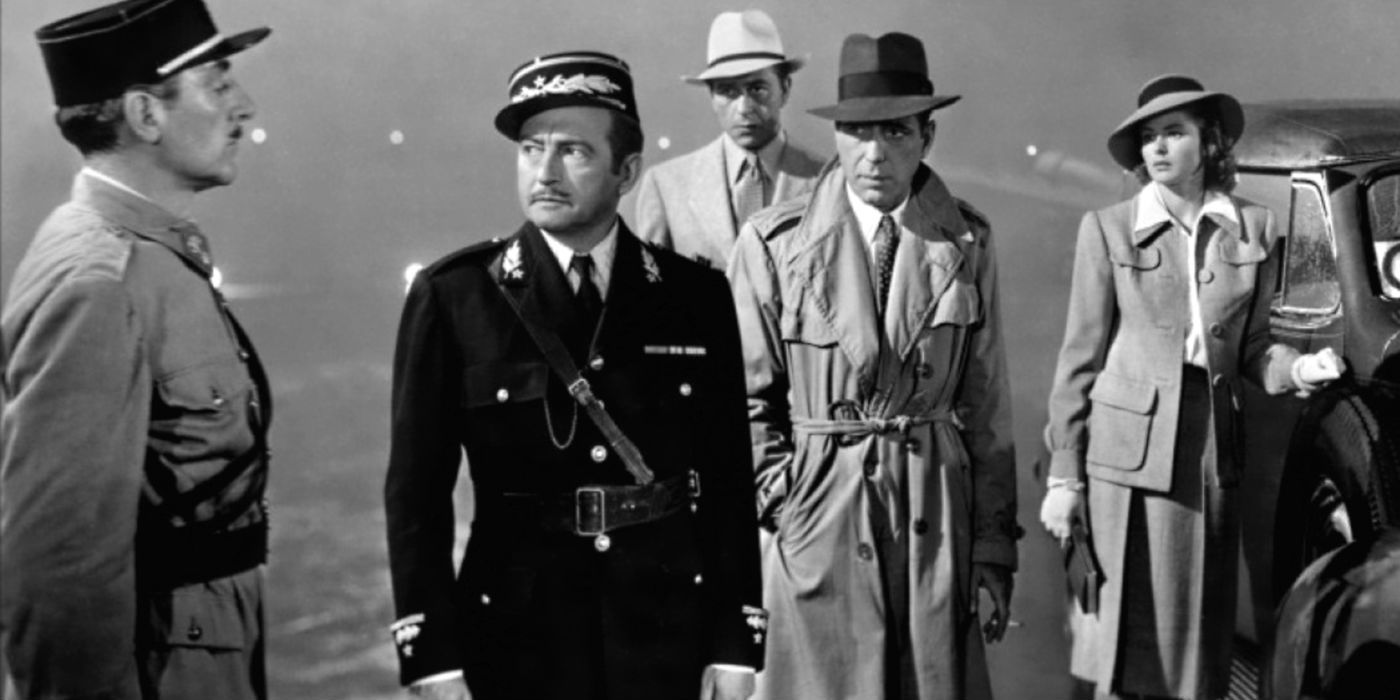
Veteran actor Claude Rains was best known for his portrayal of some of the scariest Universal classic monsters, but his humorous turn as Captain Louis Renault was another flash of brilliance. He loomed over the film as a symbol for the corrupt French police in Casablanca during that period, and his enforcement of the law was shown to be purchasable throughout the story. When attempting to stop Rick from helping Ilsa and Laszlo flee the country, Renault suddenly switched course and actually allowed the couple to escape while making no move to arrest Rick after he shot Strasser on the runway.
During that time, Morocco was a territory of France, and France was occupied by Germany both in real life and in the story of the film. Though the French government of Morocco collaborated with Germany, resentment was quite high among the occupied French, and Renault secretly harbored those resentments. One thing that any attempted remake or sequel would fail to capture was the very real sentiments that Casablanca expressed when it was released. Strasser was a German who spent most of the film ordering Renault around, and it was clear by the end that Renault had had enough.
Renault tipped Strasser off that Ilsa and Laszlo were going to attempt to escape, but the twist ending revealed he wasn’t doing it to stop them. Renault knew that Rick would do anything to help the couple, and that killed two birds with one stone for the French police officer. Rick shot Strasser which got him out of Renault’s way, and he was then able to reveal himself as a resistance sympathizer by letting the couple go, and by turning a blind eye to Rick’s crime. Rick and Renault suddenly became the best of friends, and the film’s memorable last line of dialogue featured them walking arm-in-arm off the tarmac.
What Did Casablanca’s Final Line Mean?
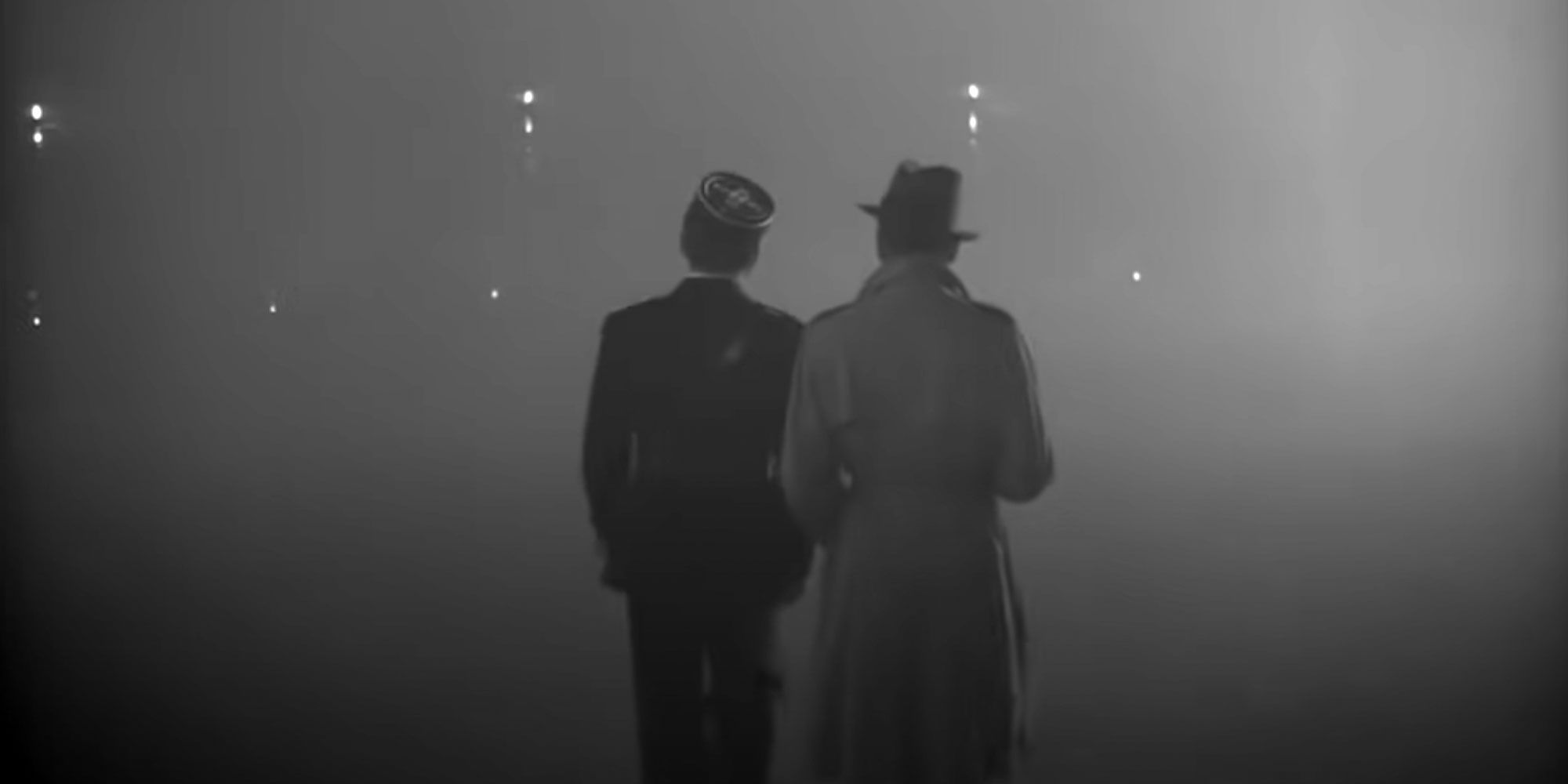
As Rick and Renault walked away triumphant at the end of the film, Bogart delivered the iconic line “I think this is the beginning of a beautiful friendship,” when speaking to his newfound ally. Aside from being a perfectly crafted piece of dialogue, it also suggested that there was more to the story after the film ended. With Captain Renault revealed to Rick as a resistance sympathizer, Rick wasted no time in realizing that he could continue his efforts of helping war refugees escape while having the backing of the police officer secretly behind him. Ilsa and Laszlo were just the beginning of Rick’s efforts to help out his comrades.
Rick and Renault were actually quite similar, and they harbored deep feelings about justice behind the facade of simply doing a job. The film is best remembered for its complicated love triangle, but all of its character relationships were rich and layered. Rick resisted being involved because he had been emotionally hurt in the past, and Renault had a myriad of reasons to keep his mouth shut lest he become a victim of his fascistic overlords. In the end, both men were inspired to shed their apathy and actually get involved, a telling moral for what was looming regarding the United States’ involvement in WWII.
The Real Meaning Of Casablanca’s Ending
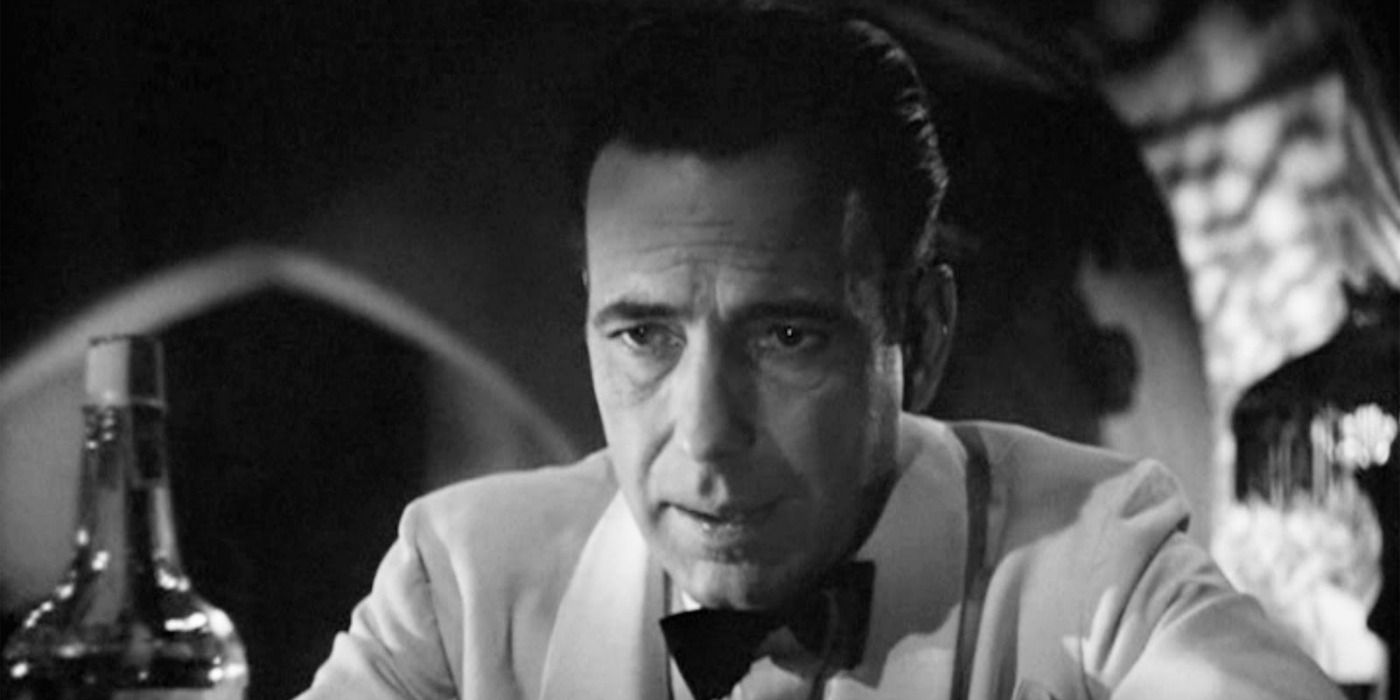
Apathy was the theme of Rick’s character, and he had obviously become jaded and disillusioned with the idea that one person could actually make a difference. He viewed himself as small and unimportant, as evidenced by his “hill of beans” line, but the reunion with Ilsa changed his mind. Casablanca was essentially a WWII movie, and the war was as much a character in the film as Rick, Ilsa, or Captain Renault, with the ending speaking directly to those who were on the fence. The United States was thrust into the fray in December 1941, and the film reminded viewers that apathy wasn’t going to save the world from tyranny.
